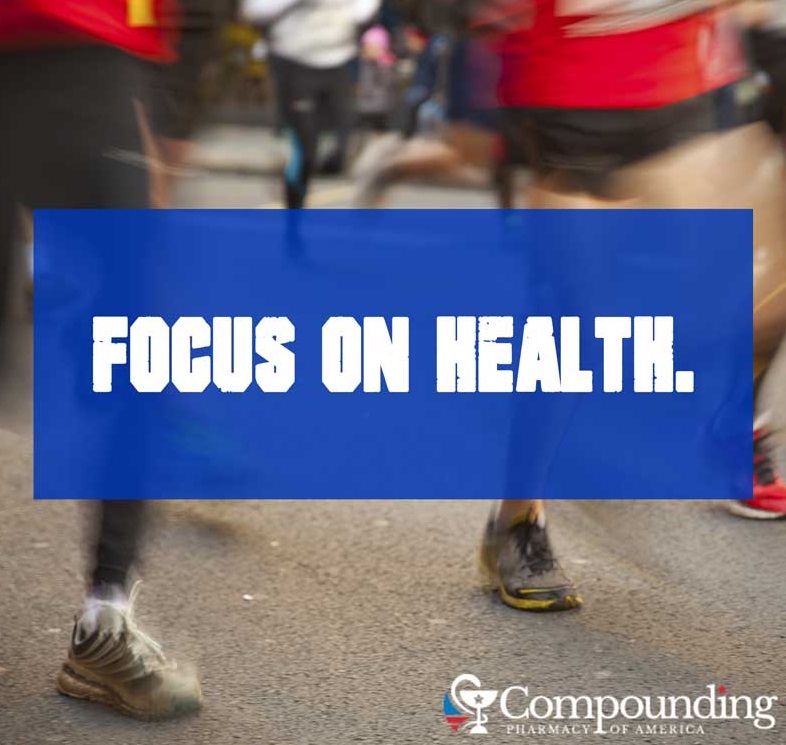September is National Cholesterol Education Month and the perfect time to learn more about this term you’ve heard in the doctor’s office or during the health news segment of the nightly news broadcast. But do you really know what it means and how it effects your health?
What Is Cholesterol?

Cholesterol is necessary to create vitamin D, hormones and substances to aid in digestion of foods, but too much can cause artery-wall build up; which increases the chance for strokes and heart disease.
Eating well, regular exercise, watching your weight and not smoking however, can help control and prevent high cholesterol and its negative health consequences.
“Good” And “Bad” Cholesterol
There are 2 different types of cholesterol, both unhealthy, known as “bad” cholesterol (or high cholesterol) and healthy, known as “good” cholesterol.
Low-density Lipoproteins (LDLs)
LDLs carry cholesterol to the tissues in the body. This is what is known as “bad” cholesterol, since higher LDL levels are linked to an increased risk of stroke and heart attack.
High-density Lipoproteins (HDLs)
HDLs carry excess cholesterol to the liver. This organ processes the cholesterol and it is excreted from the body. HDLs are referred to as the “good” cholesterol, since they can help to protect your heart and lower the likelihood you will develop heart disease and other health problems.
Factors Which Determine Your LDL Level
Some of the factors which have a bearing on your LDL level are beyond your control. These are:
- Your family history
- Age
- Gender
Your genetic makeup determines how quickly your body makes LDL cholesterol and removes it from your blood. Age and gender also play a role. During childbearing years, women’s total cholesterol levels are lower than men of the same age. After the age of 50, the cholesterol levels of many women will be higher than men of the same age. As both sexes age, their blood cholesterol levels increase until around age 60-65.
Other factors which have a bearing on your bad cholesterol levels are elements where you have some control:
- Your weight
- What you eat
- Your activity level
If you are overweight and have a high LDL cholesterol level, exercising and losing some weight may help. This tactic may also help to raise your good, HDL cholesterol levels.
See your doctor before starting an exercise program if you are a senior or have not been active for some time.
Read our other interesting posts on Health and Wellness or get creative, eat healthy and Celebrate National Picnic Month during any pleasant-weather month!
Chief Operating Officer, The Compounding Pharmacy of America
Matthew Poteet, Pharm.D. graduated with Honors from Lee University with a Bachelors of Science in Biological Science. After his undergraduate training, he completed the Doctor of Pharmacy program at Mercer University Southern School of Pharmacy, graduating in 2004. Dr. Poteet has spent much of his pharmacy career on staff at two of the most prestigious academic teaching hospitals in the Southeast; Emory University in Atlanta and Vanderbilt University Medical Center in Nashville. At these institutions he received extensive experience and training in sterile products compounding.
He returned home to East Tennessee in 2010, where he has held the position of Pharmacy Director at two sterile products pharmacies in Knoxville. Matthew lives in Knoxville with his wife, Chris. Dr. Poteet is Tennessee’s first Board Certified Anti-Aging Pharmacist by the American Academy of Anti-Aging Medicine.
 Subscribe to Our Newsletter
Subscribe to Our Newsletter


